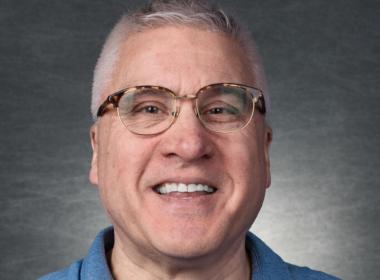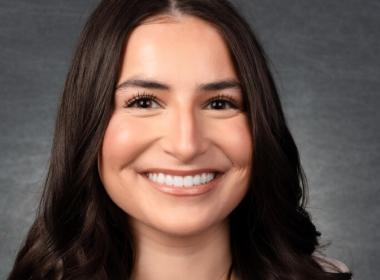Article
Raising a First-Time Voter? 9 Tips for Parents By Jane Baird: This is a major milestone for them. Talking about politics with your children is a great way to boost their critical thinking skills, teach them to appreciate different viewpoints, and help them figure out their own values. Plus, it gives them a chance to learn how to engage in
Article
Advancing Equity Through Anti-Racism in Children's Hospitals and Family-Centered Care By Susie DiVietro, PhD: In the latest installment of the Pathways to Action Subcommittee Spotlight Series, members of Connecticut Children’s Office for Community Child Health reflect on their participation in an anti-racism training organized by the HOPE (Healthy Outcomes from Positive Experiences)
How Do Federal Politics Impact Children’s Health? Each state in the U.S. is represented by two senators in Congress, regardless of population size. The number of House members that represent each state receives is based on its population. Connecticut has five house seats and in a presidential election year, Connecticut has seven
Article
10 Ways to Get Your Teen (and Family) to Try a Digital Detox Last year, with schools closed due to COVID-19 and quarantine in full swing, many teens became even more glued to their screens. In many ways, that was OK: Teens are wired to be social, and social media helped them stay connected to friends. Technology was essential for remote
How Do State Politics Impact Children’s Health? At the State level, officials who hold offices in the executive branch serve the entire state while those in the legislative branch serve smaller districts. In Connecticut, there are six elected officials who hold statewide office in the executive branch including the governor
Top 10 Ways to Make Sure You’re Ready to Vote This Year 1. Register to vote. Not sure if you are registered to vote in Connecticut? You can check your voter registration status and register to vote online. It is quick and easy! 2. Think about what issues matter most to you. With all that is going on in our state, nation, and world
5 Question to Ask Candidates If They Knock on Your Door Candidates who are running to be your state representative and state senator will likely knock on your door or call to ask for your vote before Election Day. Take this opportunity to highlight children's issues and find out where candidates stand on issues impacting kids’ health
Connecticut Voter Basics for the 2024 General Election Who can register to vote in Connecticut? Anyone who is: A United States citizen A resident of Connecticut At least 17 years old (you must be 18 years old by the general election in November) Where and when can I register to vote? Connecticut offers voter registration online


Article
Preventing Eye Strain During Your Child’s Screen-Based Learning By Janine Collinge, MD: Whether from homework assignments on a computer or tablet, or remote instruction during COVID-19 quarantines, screens are probably a big part of “back to school” for your child. Connecticut Children’s pediatric ophthalmologist Janine Collinge, MD, shares tips.